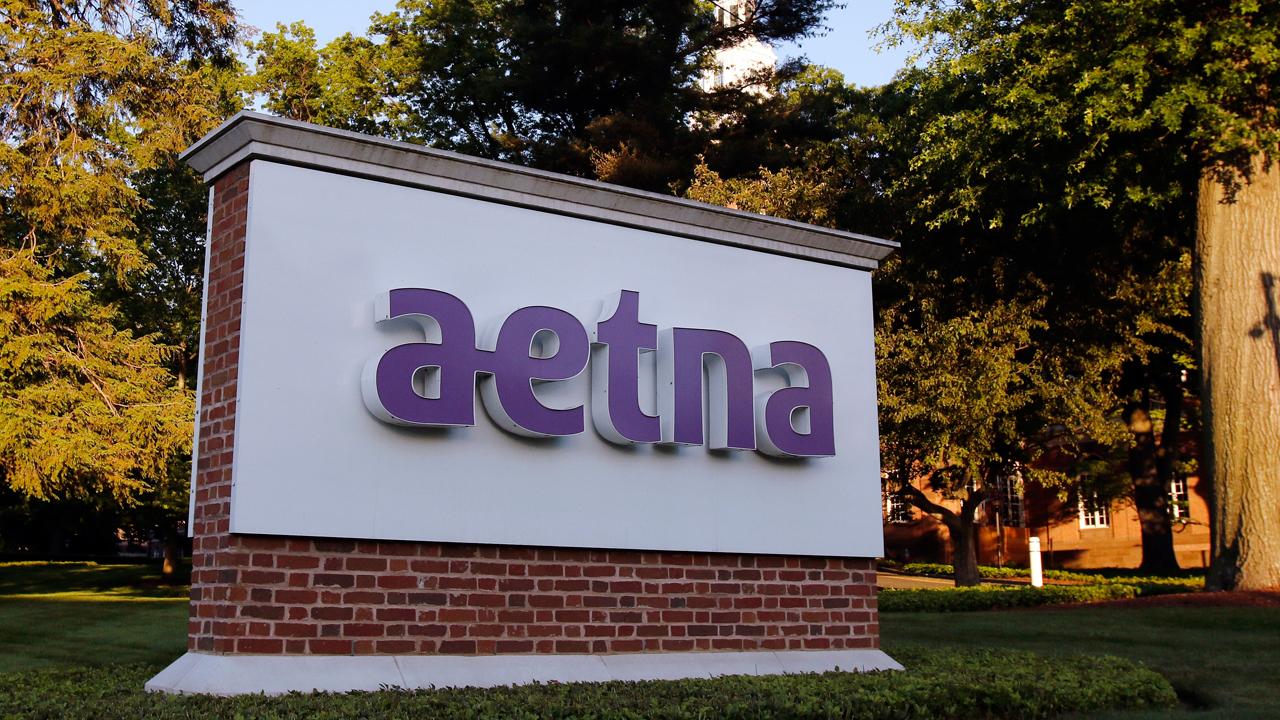The real reason CVS wants to buy Aetna? Amazon.com
Amazon.com Inc. (NASDAQ:AMZN) has struck again. Only this time the internet giant is shaking up an industry it hasn't yet entered.
Amazon's potential entry into the pharmacy-services industry helped spur CVS Health Corp.'s (NYSE:CVS) $66 billion bid for insurance giant Aetna Inc. (NYSE:AET), according to a person familiar with the matter. An acquisition of a major insurer was among roughly a dozen strategies CVS's management team recently presented to directors, the person said.
CVS and its rivals have been under pressure to devise a counterattack should Amazon enter their turf. The company's stock, along with its rivals, took a hit when news of Amazon's potential plans surfaced in May. Shares fell again Thursday after the St. Louis Dispatch reported that Amazon had obtained approval from several state pharmaceutical boards to become a wholesale distributor. CVS and Walgreens (NASDAQ:WBA) shares dropped roughly 3% on the news.
The licenses are necessary for selling medical wholesale equipment to licensed professionals via the company's business-to-business marketplace platform, according to a person familiar with the matter. Still, Amazon is looking at getting into the pharmaceutical space, according to another person familiar with the matter, as the company continues to expand its business.
CVS felt further compelled to make a dramatic move after federal antitrust regulators rejected Walgreens Boots Alliance Inc.'s proposed acquisition of Rite Aid Corp. in June, the person said. The death of that deal solidified the view that the solution to intensifying competition must come from beyond traditional channels.
CVS and Walgreens have been wading ever deeper into health care as retail sales of cosmetics, grocery items and other merchandise count for a shrinking share of their overall revenue. Both chains have grown their pharmacy benefit and health-care businesses in recent years. For CVS, retail sales amounted to 46% of total revenue in 2016, down from 52% in 2013. For Walgreens in the U.S., that number fell to 33% last year, from 37% in 2013.
Last year, CVS reported $120 billion in revenue from its pharmacy-services segment and $81 billion from the retail side of its business. Those figures include $23.5 billion of overlapping sales. About 75% of the net retail revenue comes from prescription drugs.
At almost every opportunity, analysts have peppered CVS and Walgreens executives with questions about their plans to handle the Amazon threat, especially after the Seattle giant acquired grocery chain Whole Foods.
In June, when asked about Amazon's move to hire a manager to develop a pharmacy strategy, Walgreens CEO Stefano Pessina said Amazon's entry into the industry was unlikely. "They have so many opportunities around the world and in many other categories, which are much, much simpler than health care, which is a very regulated business," he said. "So as they are a very good team and very rational team, I believe that in the end, this will not be their priority."
A few months later, CVS Chief Executive Larry Merlo said the industry would "rise to any challenges from any new entrant." He noted several hurdles to entering the industry, including the fact that most consumers opt against mail-order drugs, regulatory challenges and the complexities of juggling physicians, pharmacists and insurers. "We've seen threats in the past, OK," he said.
Asked about Amazon's interest in health care on its earnings call Thursday, director of investor relations Dave Fildes said that most of the company's energy is currently focused on its Amazon Business offering to hospitals, labs and government agencies, as well as interacting with that sector via its cloud services business.
E-commerce hasn't taken root so far in the pharmacy business. Many prescriptions are filled at brick-and-mortar pharmacies like CVS, which has about 9,700 locations. Walgreens is the largest U.S. chain with about 12,000 locations world-wide. Other prescriptions are filled by the retailers' mail-order arms or other mail-order pharmacies. And Amazon would have to navigate a host of complicated logistical, administrative and reimbursement challenges.
But health-care industry officials say the pharmacy market is ripe for e-commerce, much like book selling was, especially if Amazon can provide the kind of one-click convenience it offers for books, clothes and other products.
"Amazon's entry is expected to pose an immediate near term threat to retail pharmacy chains" including CVS and Walgreens, Leerink Partners wrote in a recent note to investors. The analysts said brick-and-mortar pharmacies would be hit especially hard because the loss of store traffic would hurt sales that come with patients visiting the pharmacies to pick up a prescription.
--Jonathan D. Rockoff contributed to this article.
(END) Dow Jones Newswires
October 26, 2017 18:50 ET (22:50 GMT)




















